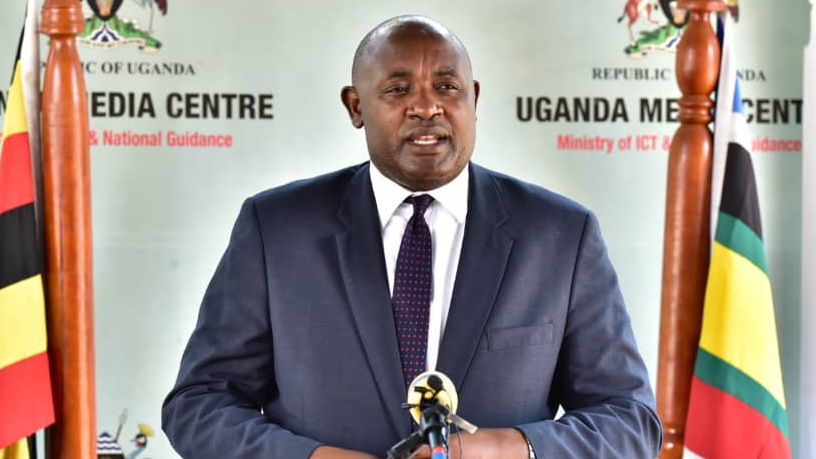Uganda taps China for $150m loan to roll out more fibre

Chris Baryomunsi, Uganda’s minister for Information, Communication, Technology and National Guidance, has given an update on the $150 million loan from China’s Export Import Bank to support the expansion of fibre-based internet connectivity.
Speaking at a sitting of the House, yesterday, Baryomunsi said the funding enables Phase V of the National Broadband Infrastructure (NBI) project. This phase is expected to extend connectivity beyond government’s ministries, departments, agencies, district headquarters and hospitals, and to connect all the country’s sub-counties.
According to Uganda’s Bureau of Statistics, there are 2 197 sub-countries in the country, typically made up of several parishes.
To date, the NBI has connected 1 567 government facilities and has so far deployed nearly 4 300 kms of fibre optic cable.
“This is vital for ensuring that all regions benefit from the digital economy. Last-mile connectivity, the final segment connecting the NBI to end-users is essential in achieving comprehensive access to e-Government services,” he said.
In addition to the NBI, Baryomunsi gave an update on the Uganda Digital Acceleration Project (UDAP), a $200 million project funded by the World Bank, which includes a $60 million grant.
Under UDAP, government plans to extend its fibre footprint to cover an additional 63 districts, to build 21 transmission sites and extend last-mile connectivity to 2 800 sites across the country.
With a blossoming fibre infrastructure, Baryomunsi said that it has seen a rise in the use of e-Government services, such as its Integrated Financial Management Services, e-Government Procurement System, e-Passport, e-visa, Health Management Information System and Education Management Information System.
“Government has witnessed a significant increase in the adoption and use of e-services, which has increased efficiency within government and improved public service delivery to citizens. We will benefit from additional economies of scale and bring the cost of internet bandwidth further down,” he said.
The House was also informed that at least 10 major border points of Uganda have been connected, which enables faster, digital access to services such as customs clearance, immigration and e-Visa applications.
While commending government for its plans to extend internet infrastructure to the island districts, one MP, Helen Nakimuli, expressed concerns about connectivity of some of the 300 WiFi hotspots that Baryomunsi had reported as being made available.
